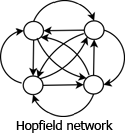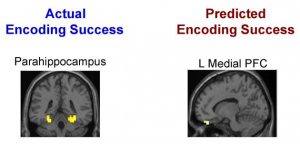This is the second article in the series about artificial neural networks. If you have not already done so, I recommend you read the first article, “Neural Networks: The Node“, before proceeding. It covers material that should be understood before attempting to tackle the topics presented here and in future articles in this series. There …
Tag: learning
Jan 02 2016
Artificial Intelligence: A Modern Approach
Title: Artificial Intelligence: A Modern Approach Author: Stuart Jonathan Russell, Peter Norvig, Genre: Computers Publisher: Prentice Hall Release Date: 2010 Pages: 1132 Artificial intelligence: A Modern Approach, 3e,is ideal for one or two-semester, undergraduate or graduate-level courses in Artificial Intelligence. It is also a valuable resource for computer professionals, linguists, and cognitive scientists interested in …
Feb 27 2006
Priming the Brain for Memory Formation
A recent study carried out by researchers from the University College London in the United Kingdom has concluded that the brain is more successful at storing memories when it has been “primed” in advance to consider the meaning of what is to be stored. Neuroscientists already knew that neural activity during and immediately after an …
Nov 28 2005
Predicting What You’ll Need to Remember
LiveScience.com is reporting that a new brain-imaging study performed by researchers at MIT has concluded that if you predict a memory will need to be recalled as you store that memory, you will in fact be able to remember it better later. In other words, people who make more accurate memory predictions are better learners. …
Feb 16 2005
Neuroscientist to Become His Own Monkey
In an effort to explore the relationship between brain activity and consciousness, Stanford University nueroscientist Bill Newsome is currently seeking regulatory approval to implant an electrode into his own brain. Engadget has a summary of an interview MIT Technology Review did recently with Newsome in which he explains his obsession with determining how brain functions …



